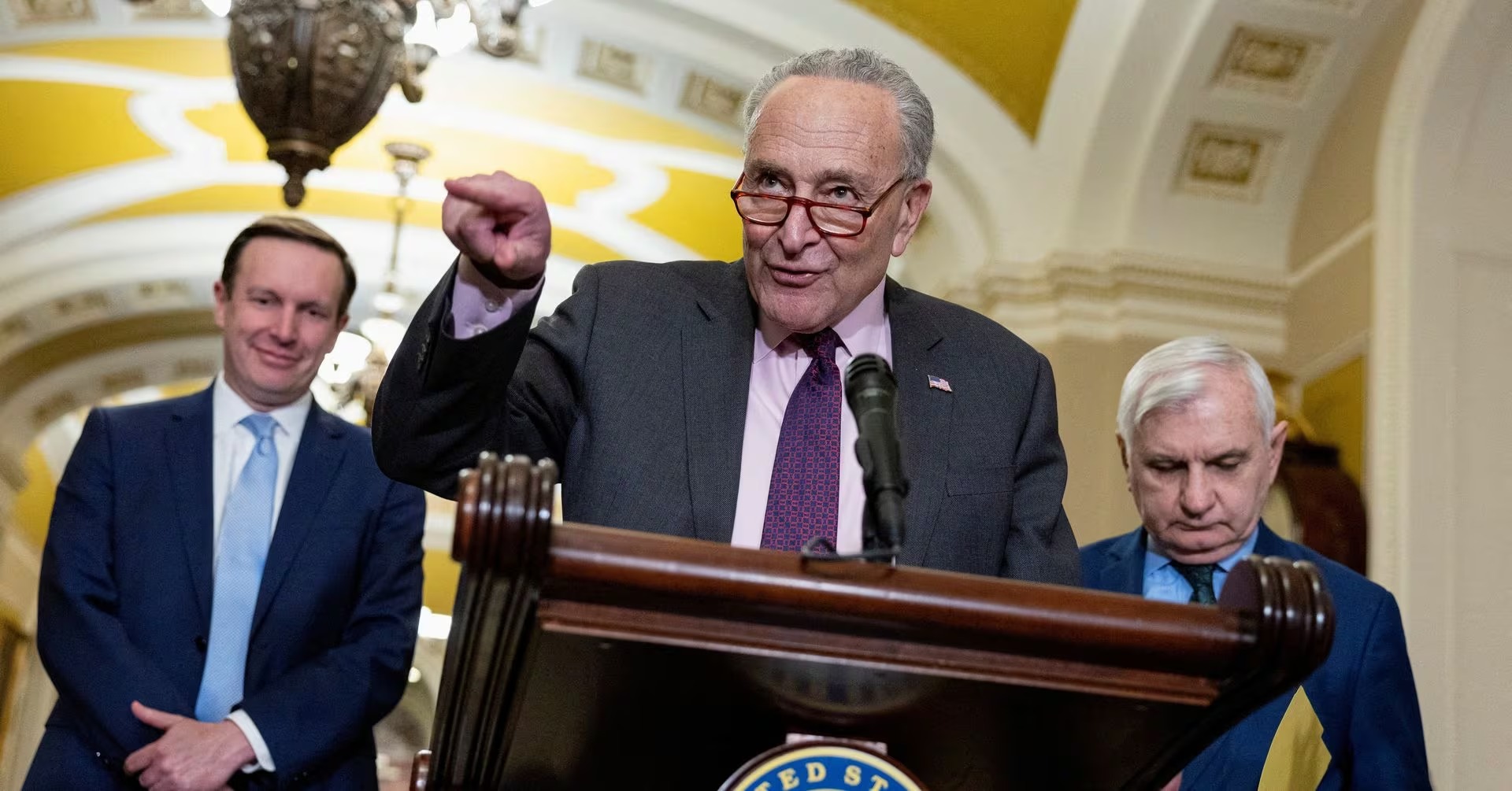House Majority Leader Steve Scalise (R-La.) unequivocally declared on Sunday that the Senate’s bipartisan border bill would not be considered in the lower chamber, following the release of the negotiators’ package after months of discussions.
His stance aligned with previous statements from Speaker Mike Johnson (R-La.), who had indicated that the bill, as understood, would be “dead-on-arrival” in the House.
Scalise reiterated claims that the bill would permit 5,000 migrants per day, a point negotiators have consistently rebutted, and criticized the asylum provisions outlined in the nascent proposal.

Taking to social media, he emphasized, “Let me be clear: The Senate Border Bill will NOT receive a vote in the House.”
His message underscored concerns about the bill’s perceived acceptance of 5,000 illegal immigrants daily and the automatic issuance of work permits to asylum recipients, which critics argue would act as a magnet for more illegal immigration.
Speaker Mike Johnson, while not commenting on the bill since its release, had previously signaled skepticism, contributing to the perception that the legislation faced a challenging path in the House.
One contentious point in the bill involves granting the Department of Homeland Security (DHS) the authority to close the border if the daily average of migrant encounters reaches 4,000. If the encounters hit 5,000, DHS would be obligated to close the border to migrants without appointments, keeping it closed until all migrants are processed.
Advocates of the bill emphasize that these migrants would not be allowed unrestricted entry into the country. Sen. Kyrsten Sinema (I-Ariz.) clarified that all such migrants would either enter detention or an alternative program designed as an alternative to detention.
The comprehensive 370-page package, unveiled on Sunday evening after extensive negotiations, encompasses various provisions, including aid for Ukraine, Israel, the Indo-Pacific region, and humanitarian purposes.
The total funding allocated in the legislation amounts to $118 billion, with a significant portion, $20 billion, earmarked for the border component.
Immediate condemnations of the bill emanated from conservatives in both congressional chambers. Sen. Mike Lee (R-Utah) urged lawmakers to filibuster the bill, citing the limited time between its release and the anticipated Senate vote.
Members of the House Freedom Caucus and their allies characterized the proposal as a “complete sell-out,” “awful,” and “totally unacceptable.” The swift backlash highlights the deep divisions and skepticism within the conservative wing regarding the proposed bipartisan border agreement.


